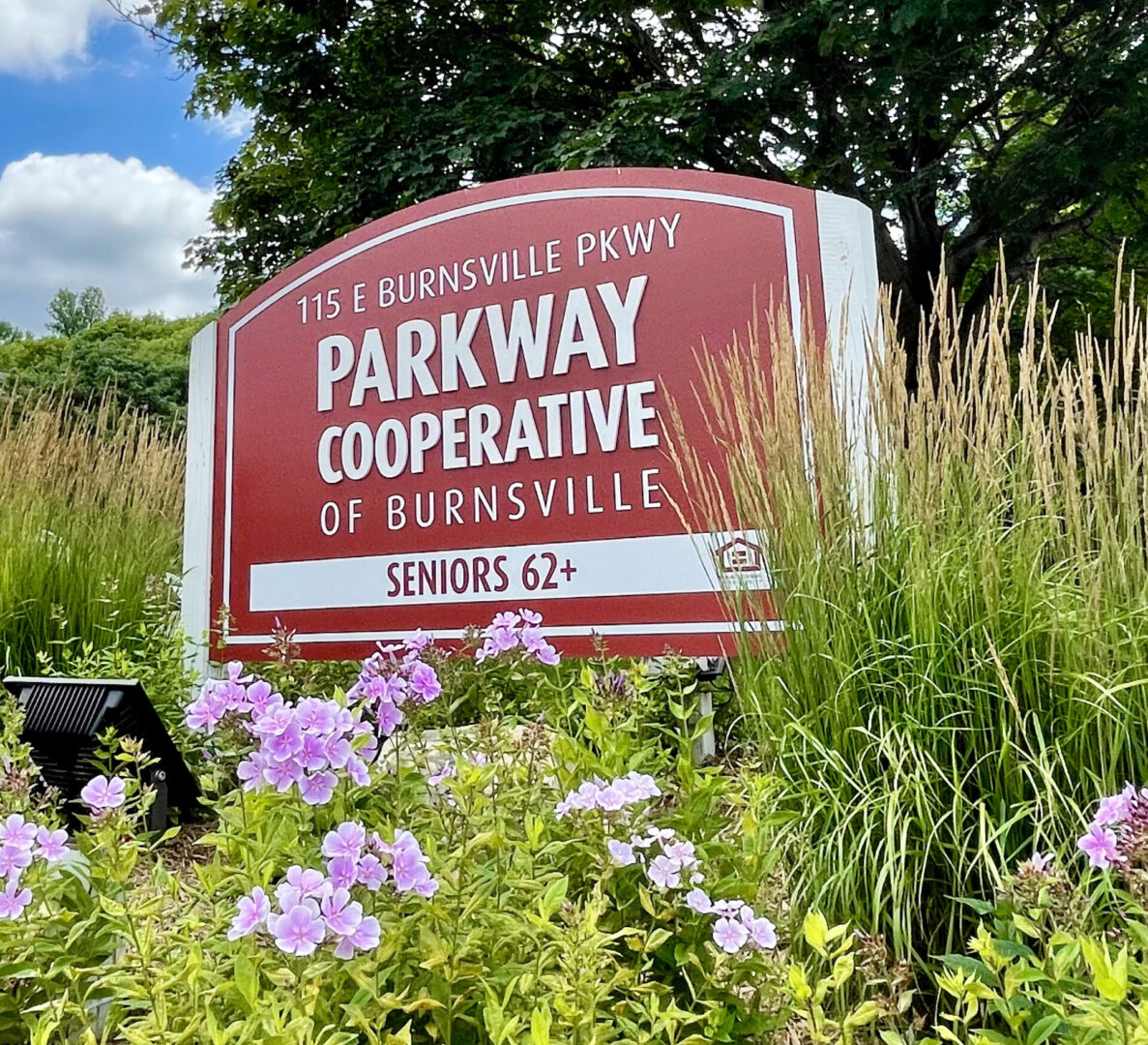Why Being a Cooperative Member Is Better Than Renting
Seven advantages make cooperative membership more attractive than renting:
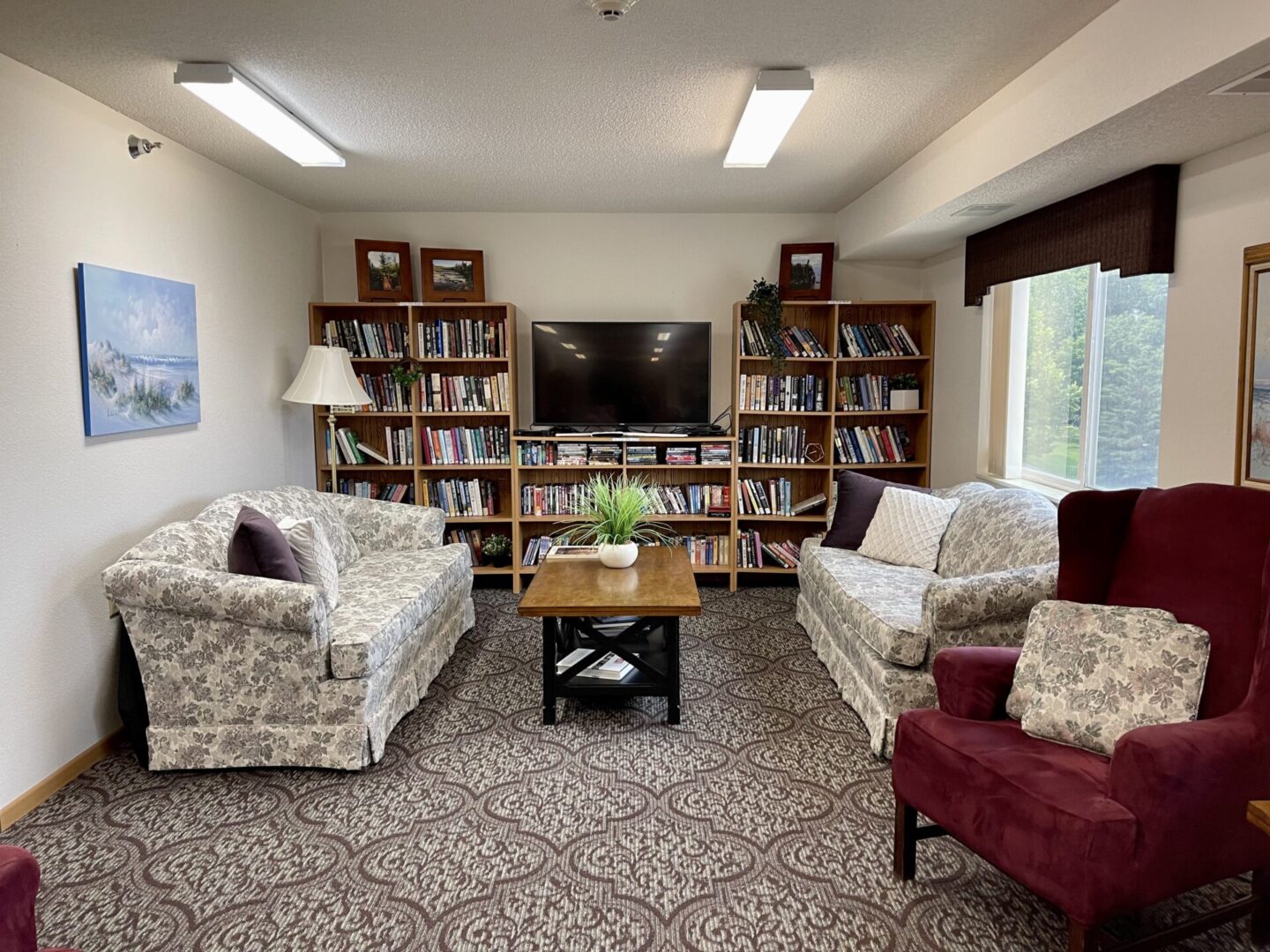
The Large Parkway Library
How Much Does a Share Cost?
Shares range in price among cooperatives. In a limited-equity cooperative, each year your share increases by a predetermined value. In Parkway‘s case, it is 2% each year.
Do I Get the Share Back When I Sell My Unit?
When you resell your share, you receive the initial amount you paid plus a predetermined value for each year you live in the cooperative.
Is This Equity Increase Prorated?
No. The annual increase occurs at Parkway Cooperative on October 1st, the start of our fiscal year.
What Paperwork Do I Need To Complete To Qualify?
You will need to complete a financial form to be turned into HUD to make sure you are spending no more than 43% of your annual gross income on monthly housing expenses. HUD uses this financial information to make sure the initial members of the cooperative can support the requested mortgages. There is an income minimum but there is not a maximum. Every cooperative member (initial members and future members) must go through the subscription (also known as the application for membership) process.
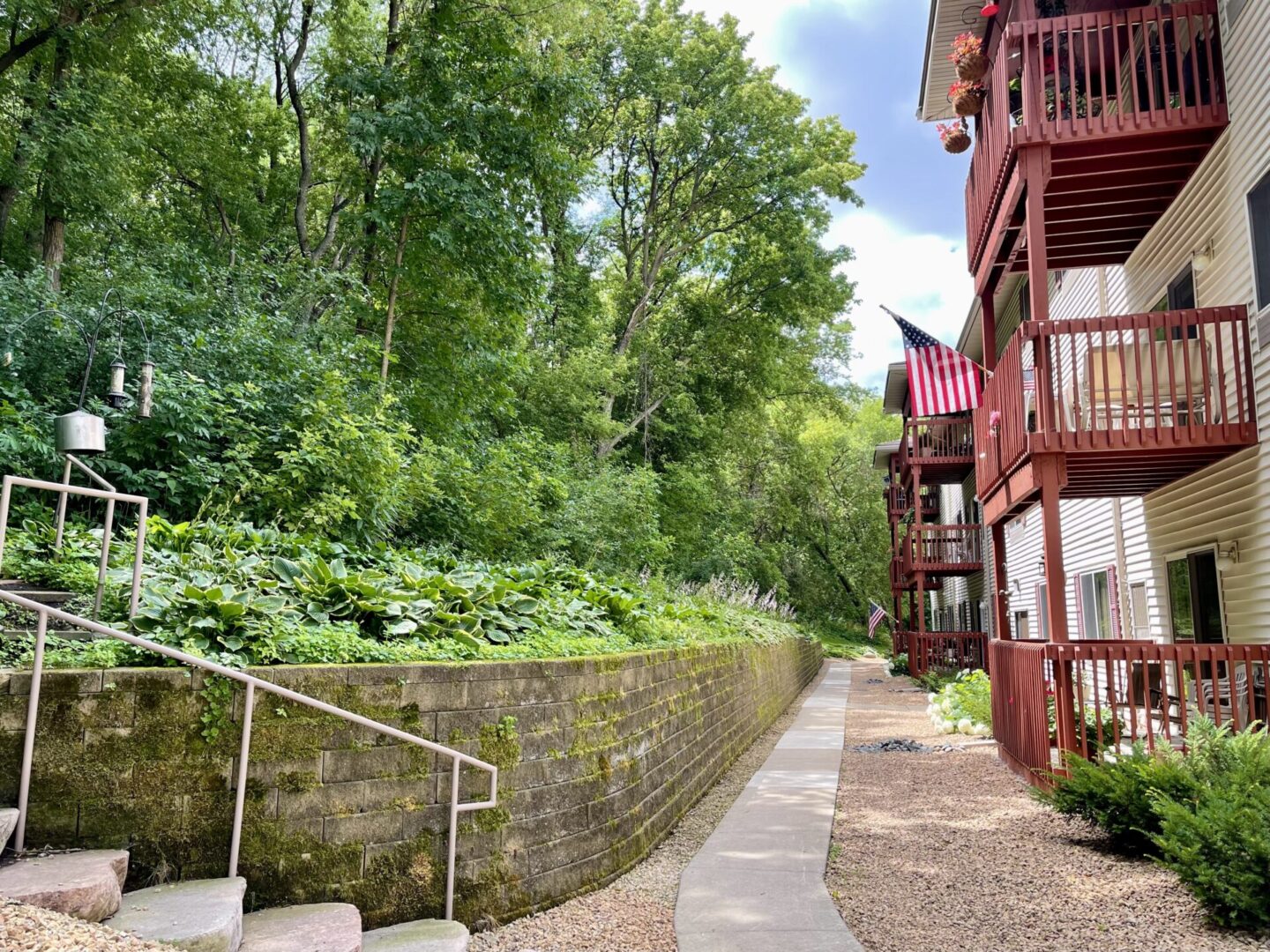
Rear Facing Units, End View
Will My Personal Financial Information Be Private?
Yes. Only the management company of Parkway Cooperative of Burnsville and HUD will see your financial form.
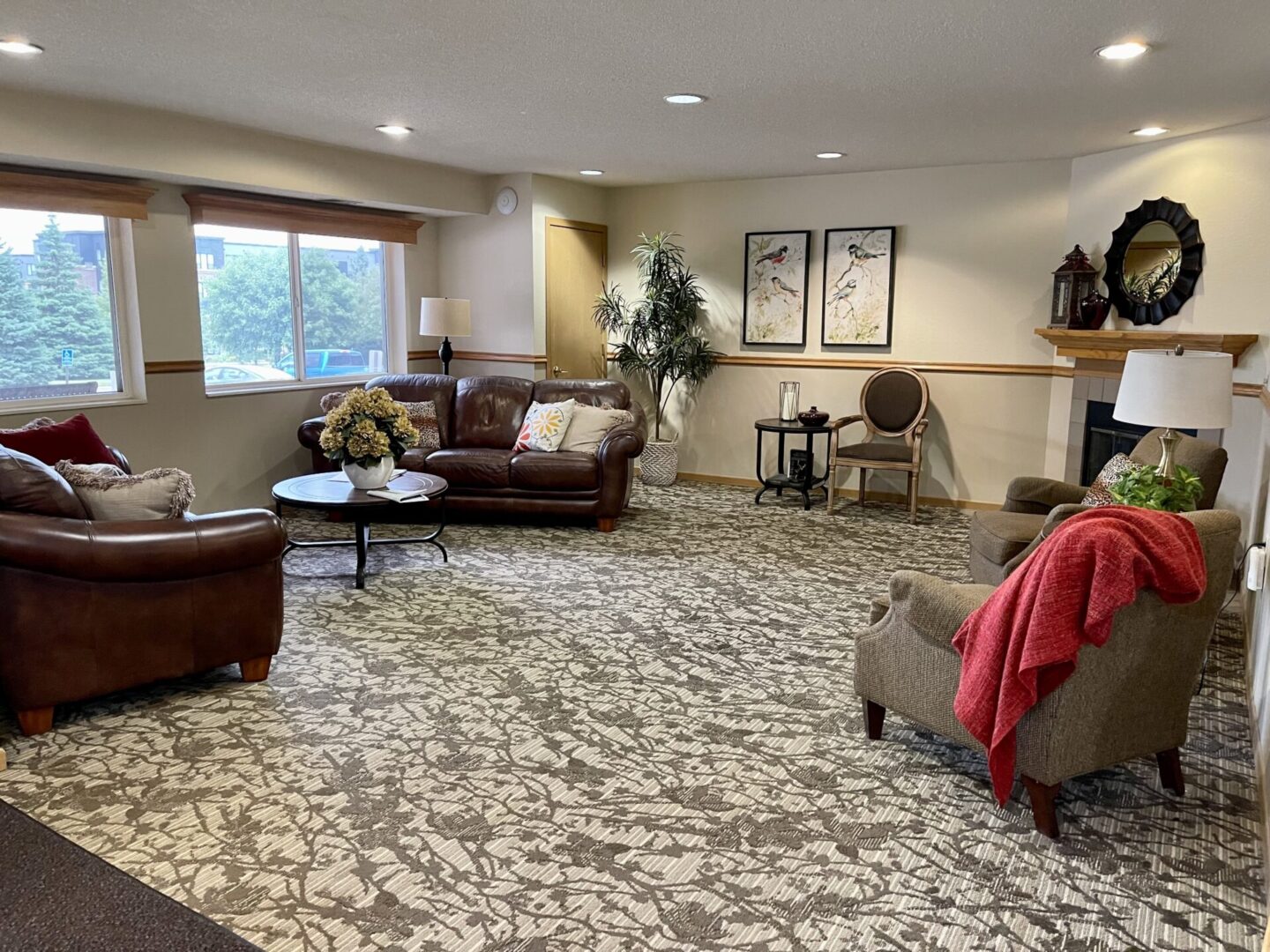
Parkway Front Lobby
Will the Building Ever Be Refinanced?
Maybe. It is up to the board of directors. The last refinance was in January 2021.
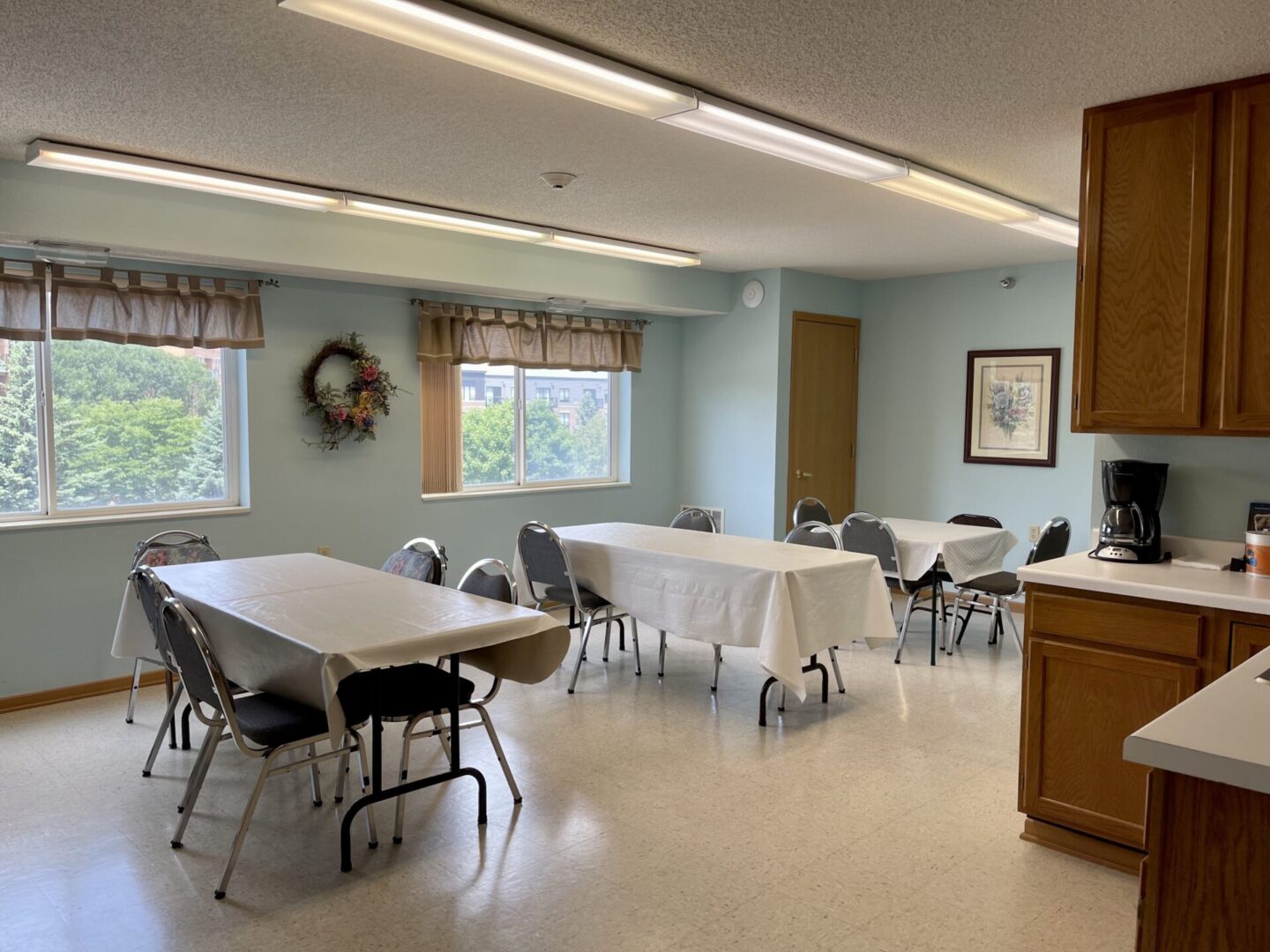
Parkway Craft Room
Can I Pay More Than My Share Amount and Buy Down My Monthly Payment?
No. One of the reasons is because there is only one mortgage on the building (also known as a blanket mortgage). The initial operating budget of the cooperative is based on the initial shares/carrying charges.
Why Do the Share Prices and Monthly Charges Vary at Different Cooperatives?
Variables such as land cost, special city assessments, construction cost fluctuations, building requirements, and interest rates all contribute to the final share and monthly prices.
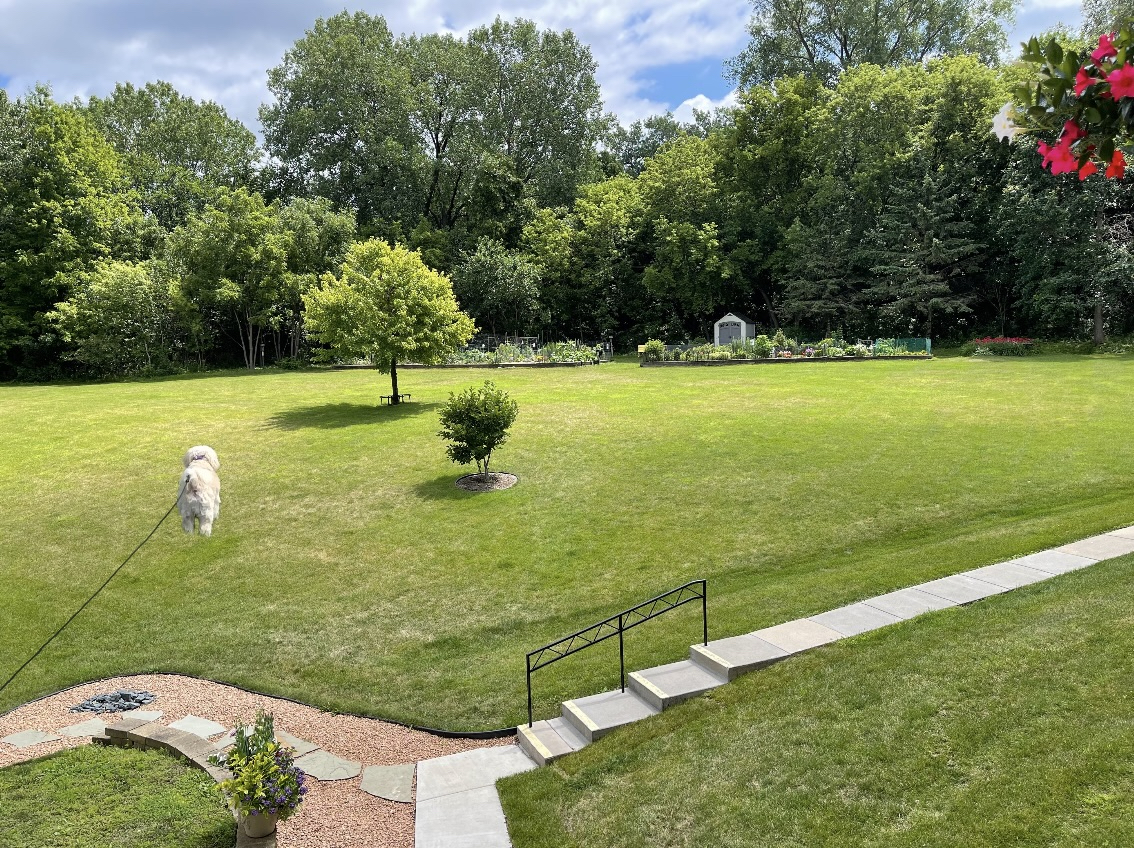
Walking Back to Member Gardens
What Is Covered in the Monthly Charge?
Mortgage principal and interest, operation, real estate taxes, required reserves, utilities (gas, water, and common area electricity), phone (landline), cable, internet, and fire/common area liability insurance all make up the monthly charges.
Will I Have Any Additional Charges Other Than My Monthly Charge?
Residents are responsible for their own electricity, indoor parking space, and personal property insurance (HO6) within your unit. Everything else is included in the monthly charge. The heat is gas, so it is included in the monthly expenses.
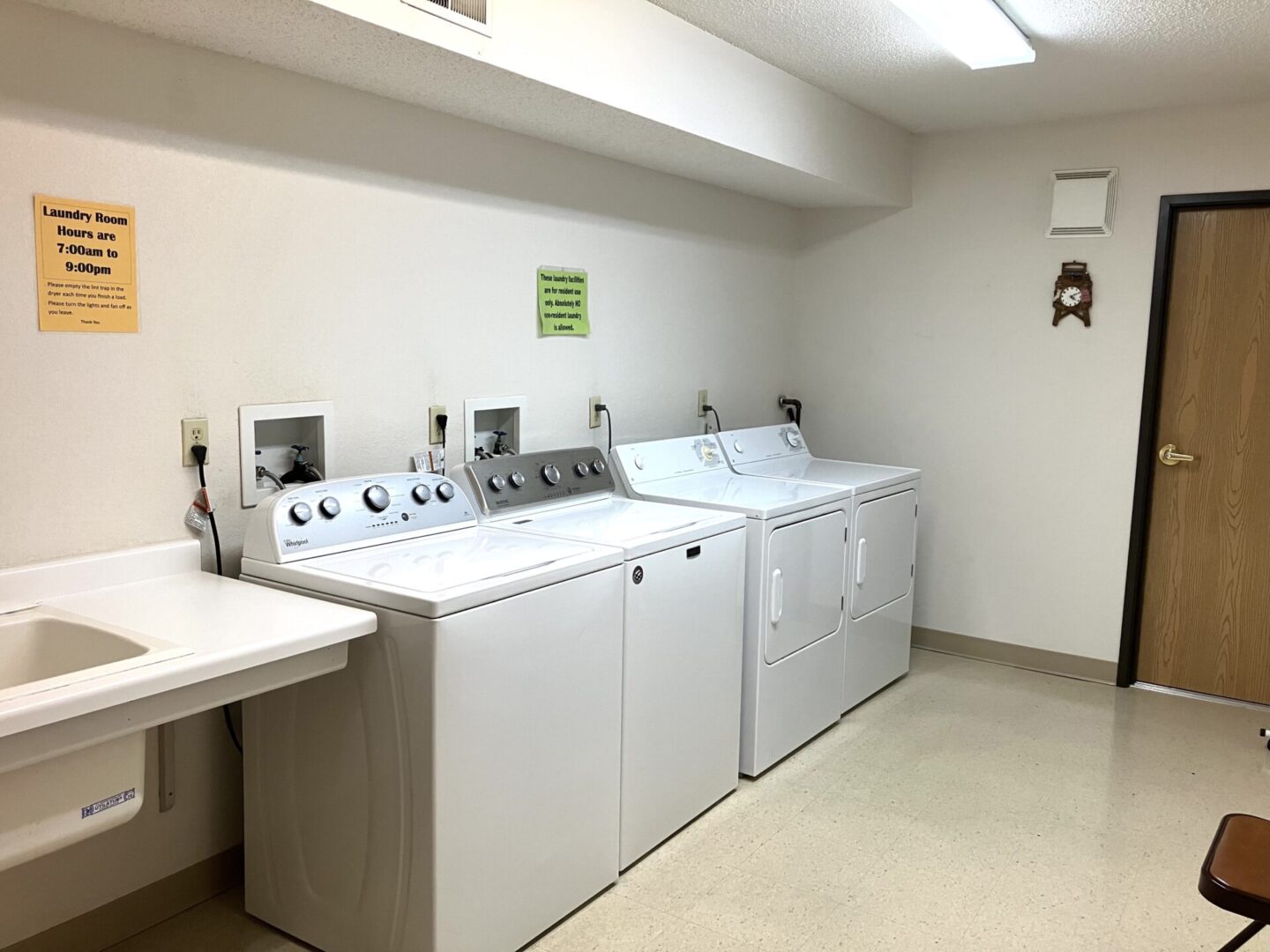
Free Laundry Rooms
Will My Monthly Charge Ever Change?
Yes. Only the resident-elected board of directors may vote to change the monthly fees. Factors causing potential increases may include fluctuating utility rates and real estate taxes. A benefit of a cooperative’s operation is that the fees members pay only go to the actual cost of operation. There is no equity investor.
Who Owns The Building?
The not-for-profit cooperative corporation owns the building and holds title to the mortgage, of which there is only one. It is also called a blanket mortgage. And in turn, the shareholders of the cooperative corporation do. The property management company never owns the building and there is not an equity investor.
What Is Involved In The Resale Of My Share?
You must notify the property manager in writing of your desire to sell your share. The cooperative has the first option to sell your share for 60 days from the 1st day of the next month after you give notice in writing. She/he will call people on the internal and external waitlist to see if they are interested in the unit available.
What Is HUD's Role in Parkway Cooperative?
HUD provides insurance on the cooperative’s mortgage.
Scroll Down To See More Pictures
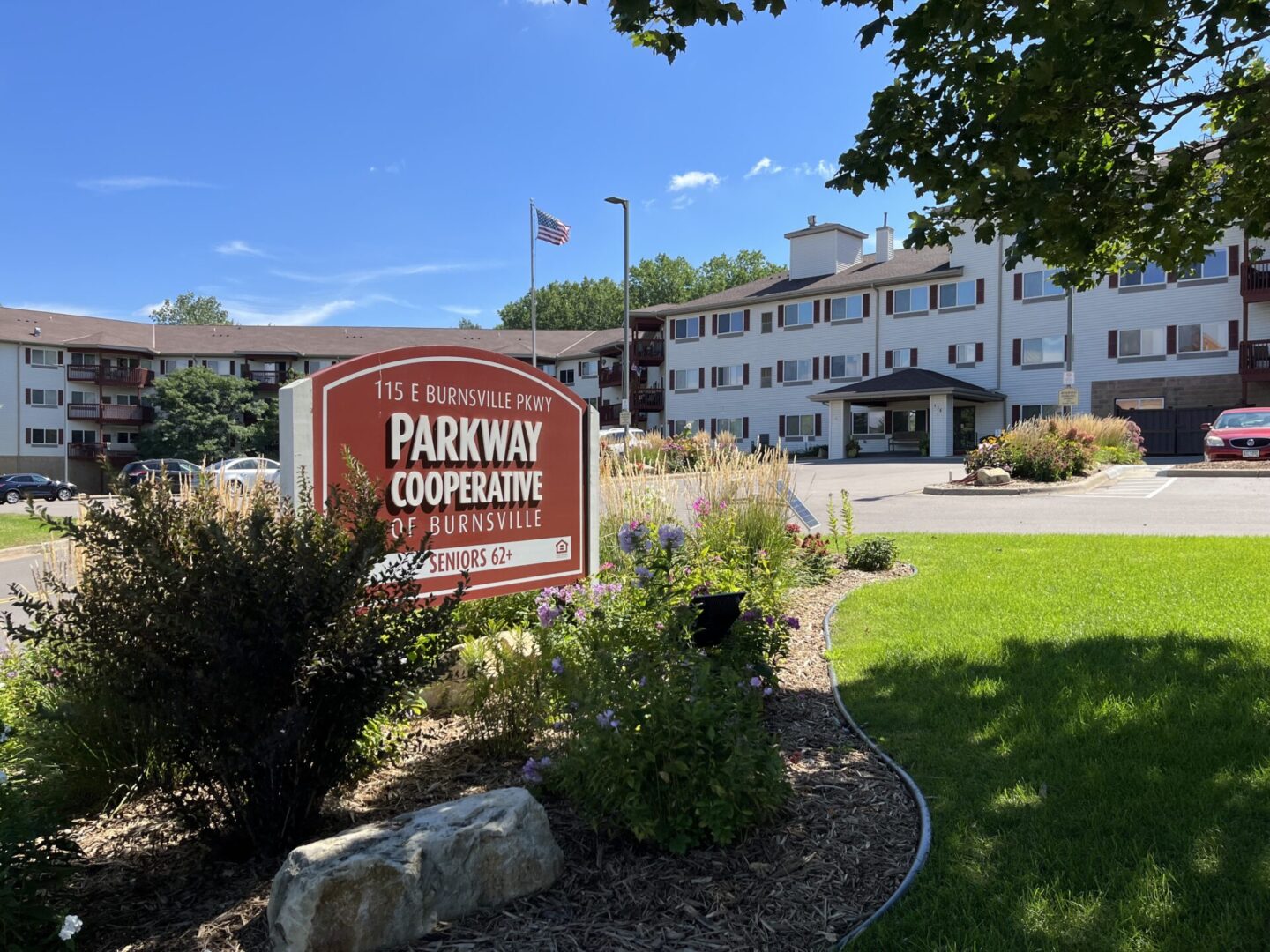
The Parkway Cooperative Sign and Front Entrance
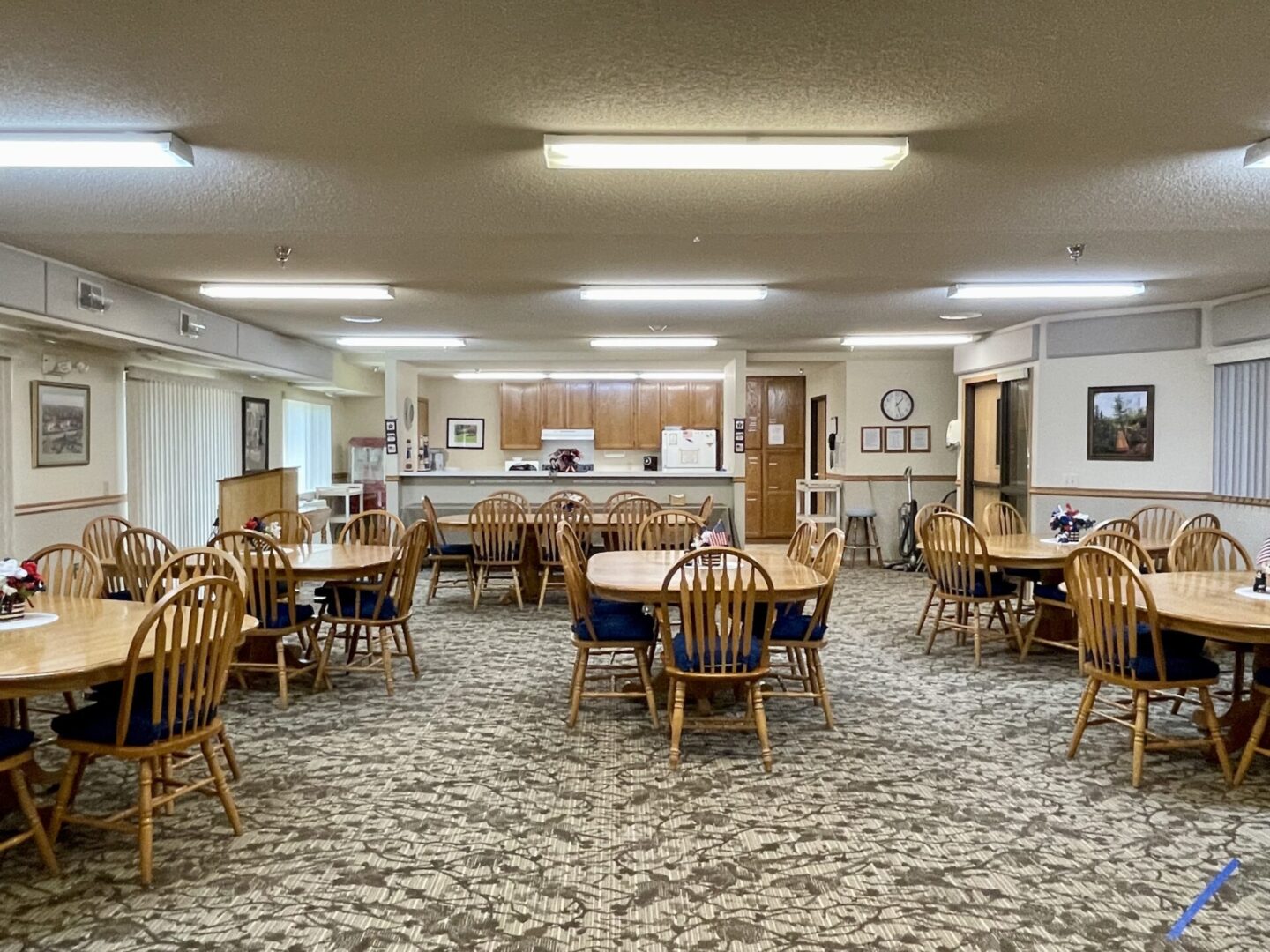
The Parkway Community Room
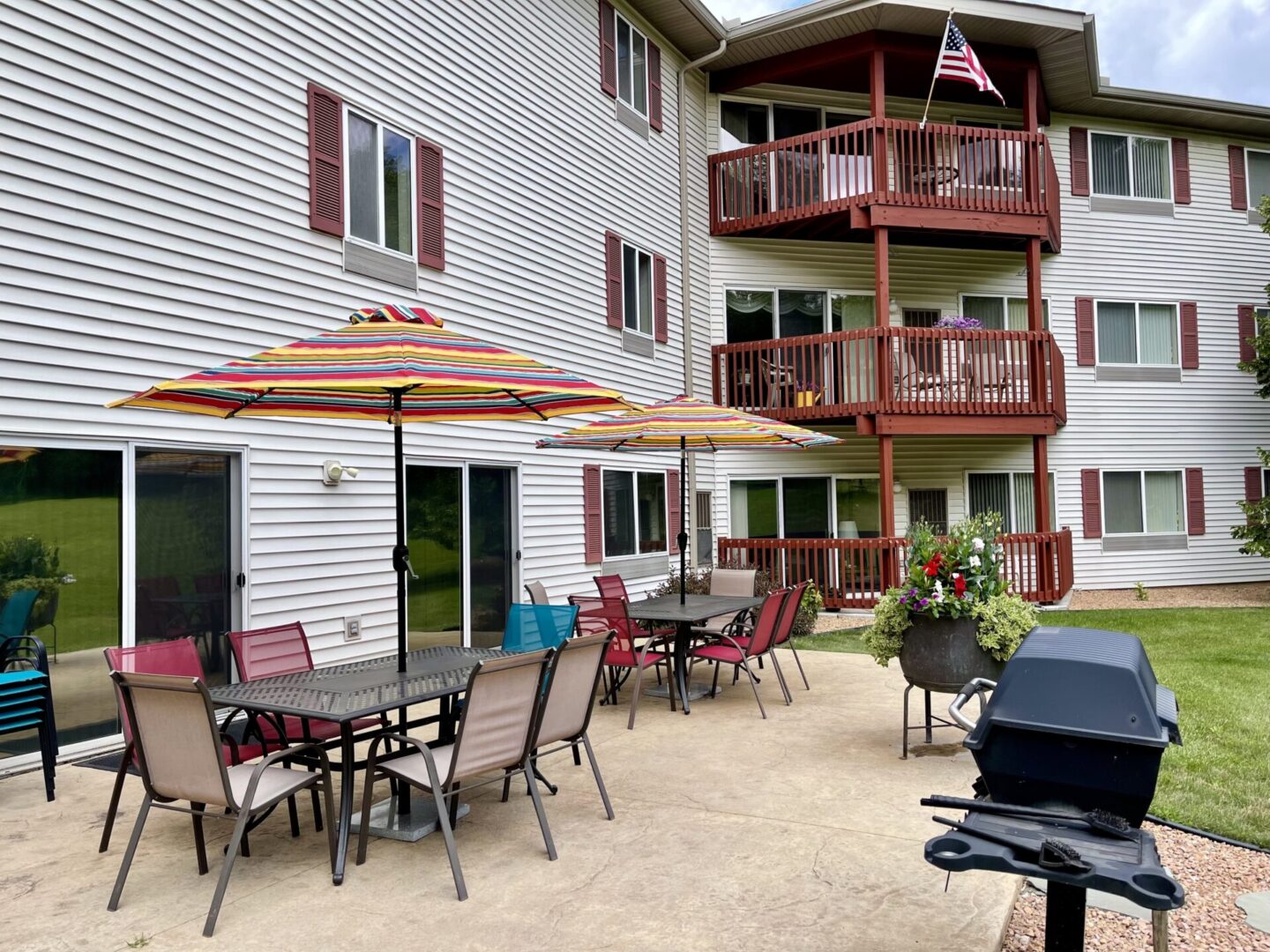
The Parkway Patio
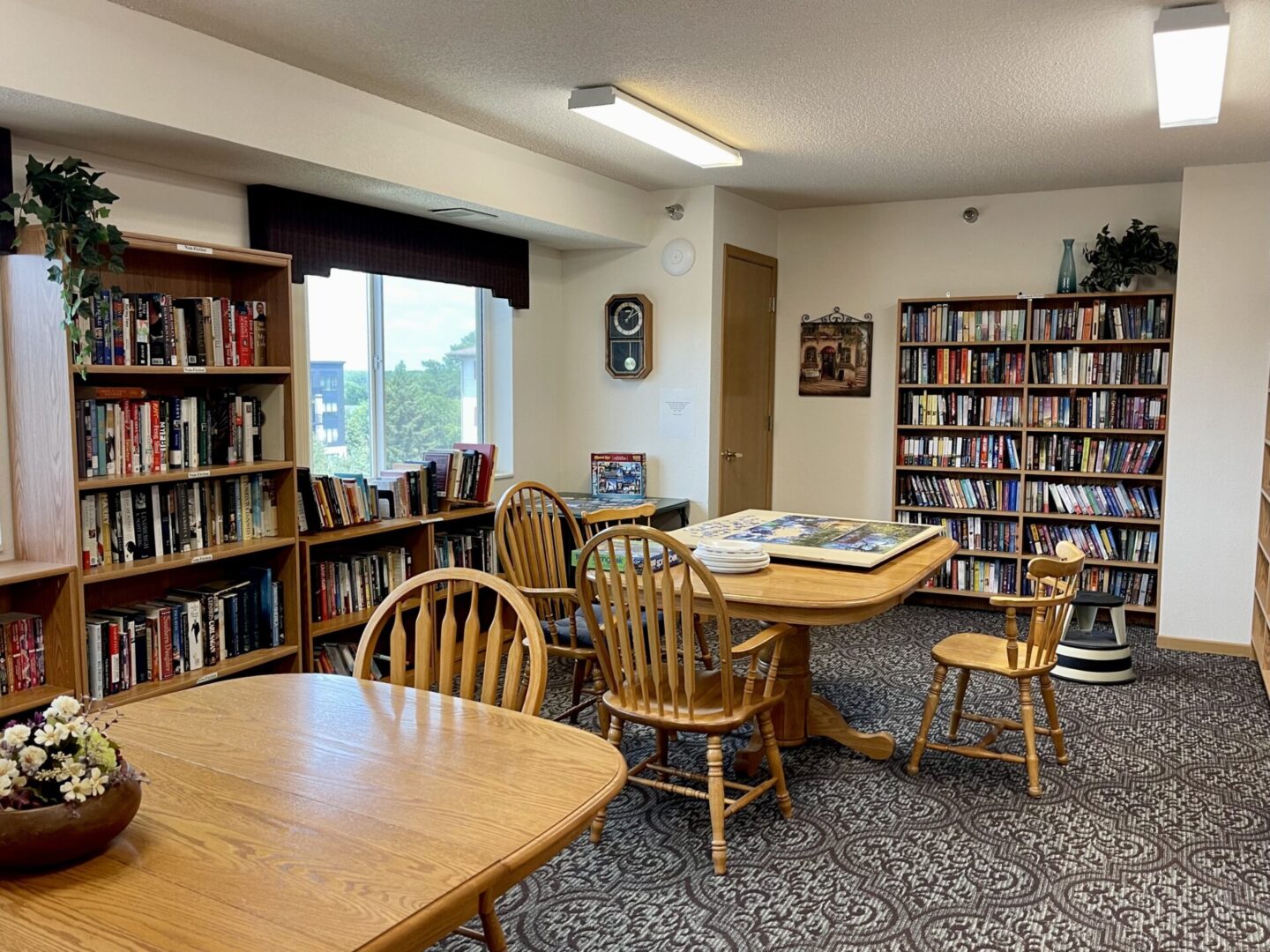
Another View of the Large Parkway Library

One of the Parkway Garden Areas
